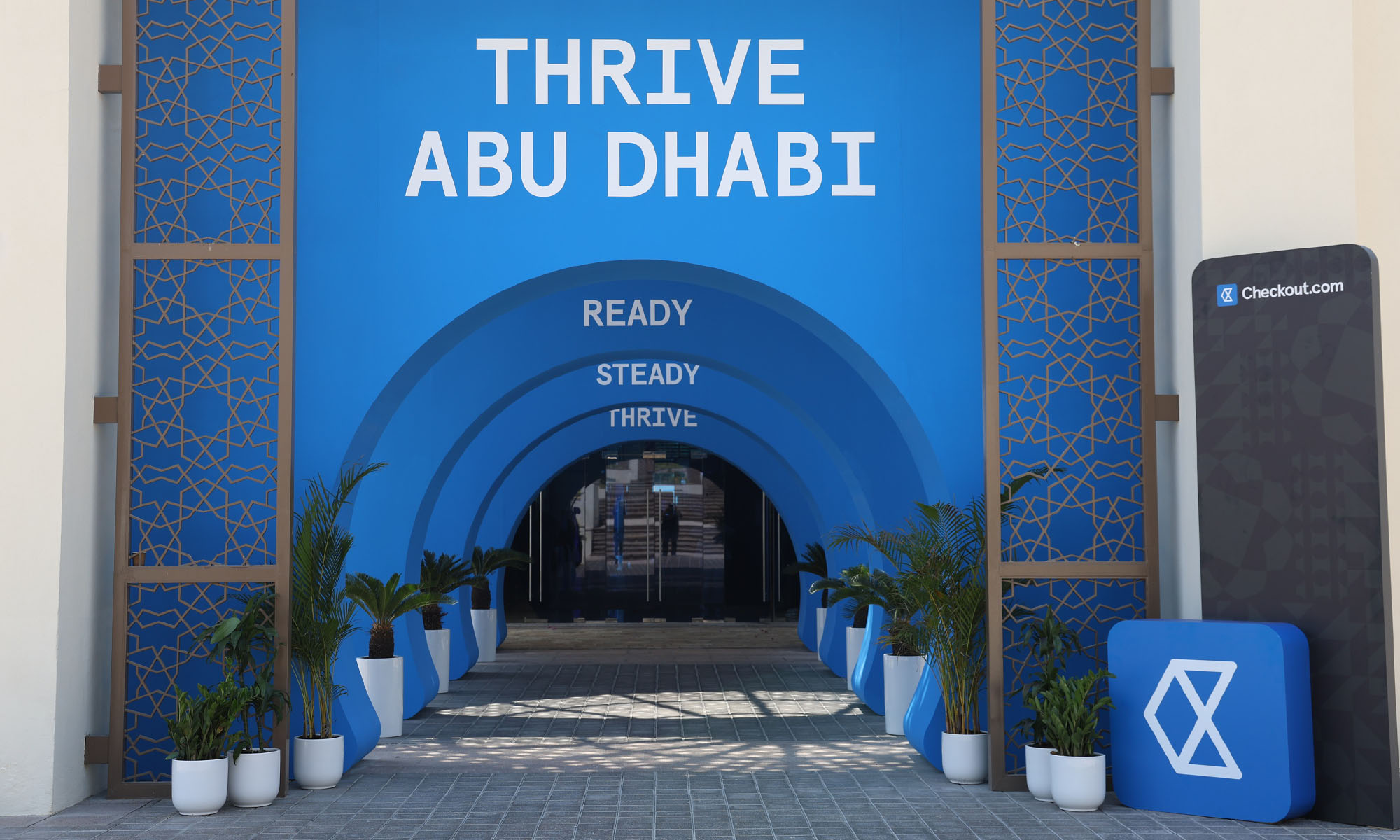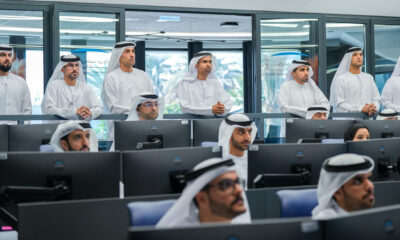News
UAE Starts Relying On Emirates ID As Proof Of Residency
Both citizens and residents can look forward to a number of benefits, including easier access to government services, less time spent at airports, and more.

From April 11, the United Arab Emirates (UAE) has started relying on Emirates ID as proof of residency, suspending the issuance of residence visa stamps.
Emirates ID is a smart identity card issued by Federal Authority for Identity and Citizenship. All UAE citizens and residents must apply for it by filling the eForm at one of the authorized typing centers or through the online form available on website of Federal Authority for Identity and Citizenship (FAIC).
Each Emirates ID has an electronic chip that can store up to 32,000 letters of information. The stored information can be encrypted in order to protect the privacy of card holders and prevent unauthorized third-parties from stealing it for malicious purposes.
By switching to a modern smart identity card, the UAE is taking yet another step on its smart-city journey. Both citizens and residents can look forward to a number of benefits, including easier access to government services, less time spent at airports, and more.
Those who have registered for smart gates at airports in the UAE can pass through them by simply looking at the green light on top of the camera to verify the biometric information contained within the Emirates ID chip.
Also Read: How To Change The Mobile Number On Your Emirates ID
The replacement of residence vista stamps by Emirates ID has been made possible by the last update of the advanced card, which was introduced in August 2021 by the Federal Authority for Identity and Citizenship (ICA).
The update added several new features, including a laser-printed 3D picture, additional fields and codes definition, advanced technical characteristics, and increased data protection. The latest generation of Emirates ID cards is made using polycarbonate that should last more than 10 years and survive countless washing machine accidents and other horrors that cards typically go through.
News
Checkout.com Set To Launch Card Issuing In The UAE
The payment service provider’s expansion is a first-of-its-kind investment and could reshape digital transactions across the region.

Checkout.com is laying the groundwork to become the first global payments platform to introduce card issuing in the United Arab Emirates — a move that could reshape how businesses in the region manage financial transactions.
The company plans to roll out its domestic card issuance offering in the UAE by 2026, subject to regulatory approval. The launch would give businesses the tools to issue both physical and virtual branded cards. This, in turn, opens up new ways to reward customers, streamline expense processes, and handle B2B payouts efficiently.
Checkout.com’s CEO and Founder, Guillaume Pousaz, revealed the plans during Thrive Abu Dhabi, the firm’s debut conference in the Emirates. Joined on stage by Remo Giovanni Abbondandolo, General Manager for MENA, Pousaz presented to an audience of over 150 partners and merchants at Saadiyat Island. Also in attendance was H.E. Omar Sultan Al Olama, the UAE’s Minister of State for Artificial Intelligence, Digital Economy, and Remote Work Applications.

Abbondandolo highlighted the strategic importance of the announcement: “As a global business, we focus on bringing products to markets that our customers want and need. Today’s announcement is proof of our commitment to the MENA region and its rising influence in the digital economy. The appetite for innovation here is real, and we’re proud to be building the infrastructure that powers it”.
One early adopter of Checkout.com’s UAE acquiring services is Headout, a travel experiences marketplace, which recently named the payment provider as its main partner in Europe. The company has already begun card issuing there and is keen to expand that offering into MENA once approval is granted.
The expansion of services in the UAE and beyond builds on Checkout.com’s track record in the region. It was the first global payments firm to secure a Retail Payment Services license from the UAE’s Central Bank and was instrumental in rolling out Mada and Apple Pay in both the UAE and Saudi Arabia.
Also Read: Protecting Your WhatsApp Account From Hackers: Kaspersky Expert Tips
The firm has also been rolling out new products: One of the latest is Flow Remember Me, currently in beta testing. It allows shoppers to store their card information once and access it across Checkout.com’s entire network, potentially cutting checkout times by up to 70%.
Earlier this year, Checkout.com also introduced Visa Direct’s Push-to-Card solution in the UAE, enabling both domestic and international payouts. Its collaboration with Mastercard has grown as well, making it easier for businesses to send funds directly to third-party cards securely and quickly.
With regional tech ambitions on the rise — spurred by initiatives like Saudi Arabia’s Vision 2030 and the UAE’s 2031 Agenda — Checkout.com sees its role as one of a key enabler. “Our mission is to help ambitious businesses navigate the complexity of payments, so they can move faster, go further, and make the most of every opportunity,” said Abbondandolo. “In MENA, performance is personal. It’s local. It’s built on trust. And when payments perform, businesses thrive”.























